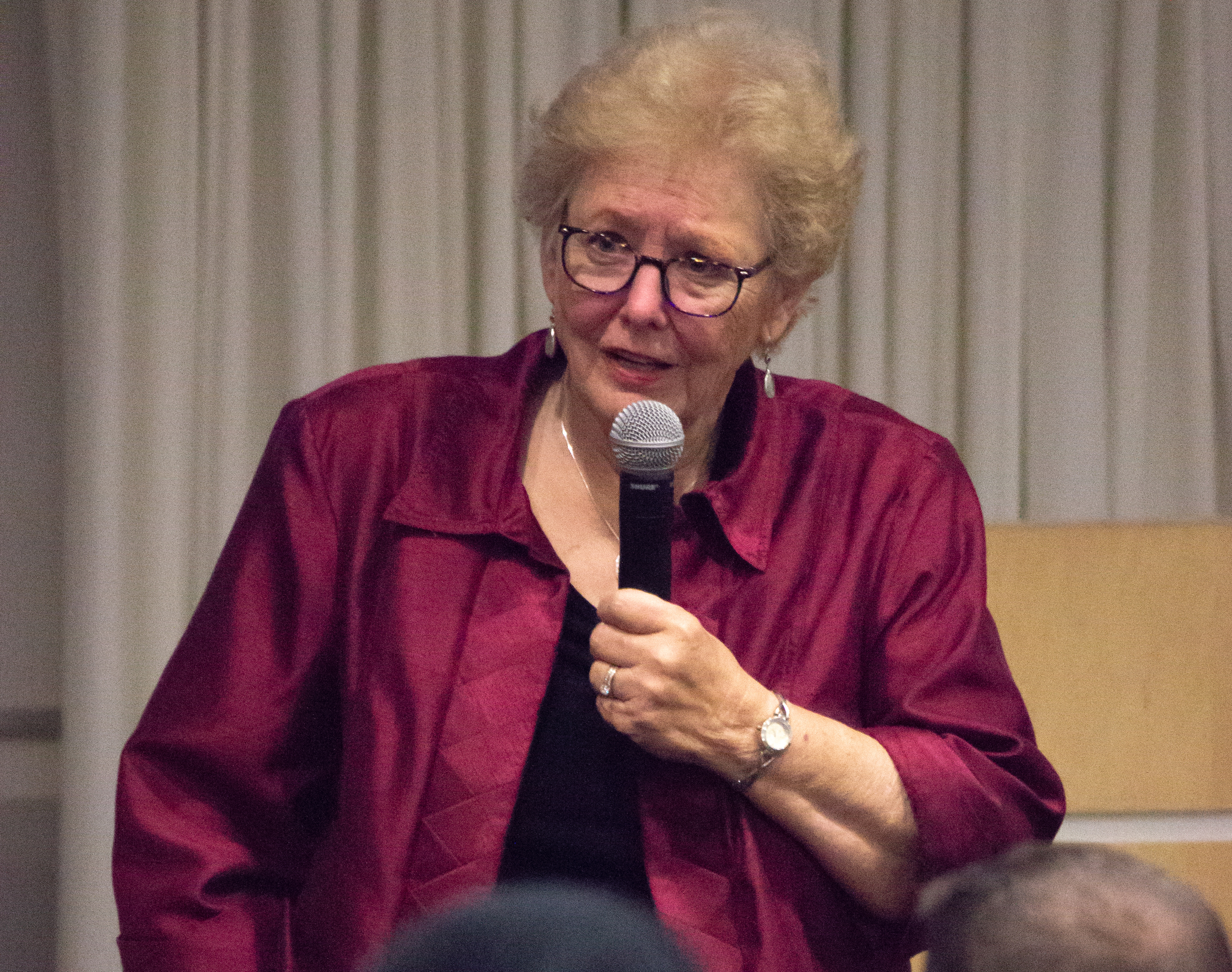
Over the course of a week, I discussed the human-like qualities of Amazon’s Alexa with a class of undergraduates, participated in a history seminar in which we interrogated writings by Hegel and Marx and their theories of consciousness and materiality, and engaged with colleagues and mentors at Dr. N. Katherine Hayles’ guest lecture and discussion on computer cognition at the Center for 21st Century Studies. According to Hayles, “cognitive assemblages… attend to new situations, incorporating this knowledge into adaptive strategies, and evolving through experience to create new strategies and kinds of responses”(33). In other words, humans aren’t the only ones who can adapt and change based on circumstances. Quickly, it becomes clear that these assemblages are all around us, and her examples of the Automated Traffic and Control system (ATSAC) in Los Angeles (35) and autonomous drones (46) are a few small, albeit crucial examples. Questions regarding whom, or what, has consciousness, how we differentiate between consciousness and cognition, and how closely we humans overlap and enmesh with nonhumans permeate through the different arenas of my academic life as a teacher, student, and burgeoning scholar in, at times, unanticipated ways.
At the end of her lecture, Hayles remarked upon the diverging paths we face as a species. She explained that we have the option to become more dependent on cognitive machines—that is, machines that can adapt and make decisions, almost like humans—or, we have the option to continually question our dependence on these technologies. Her apt examples from her article, “Cognitive Assemblages: Technical Agency and Human Interactions” published in Critical Inquiry in 2016 shows us why drone swarms and similar self-regulating technologies should be under scrutiny, and simultaneously how they have drastically improved various aspects of our lives. Her work reads in equal parts like a dystopian fiction and a user’s manual to our ever-connected world. In both instances, her scholarship is encompassed by an ethical stance steeped in concern for our world and the humans and nonhumans who inhabit it, and a breadth of knowledge that poses some of the most pressing questions in the field of media studies, and in the study of the twenty-first century.
-Joni Hayward
PhD Student in Digital, Cinema & Media Studies at UWM